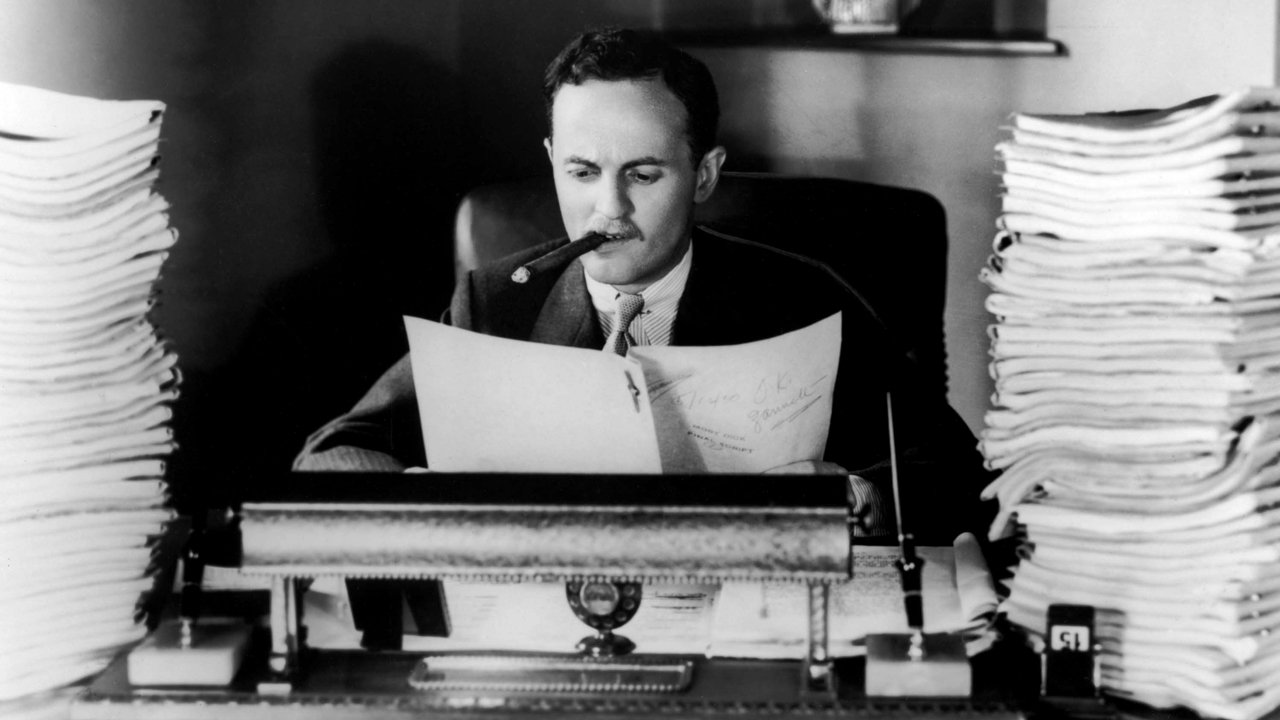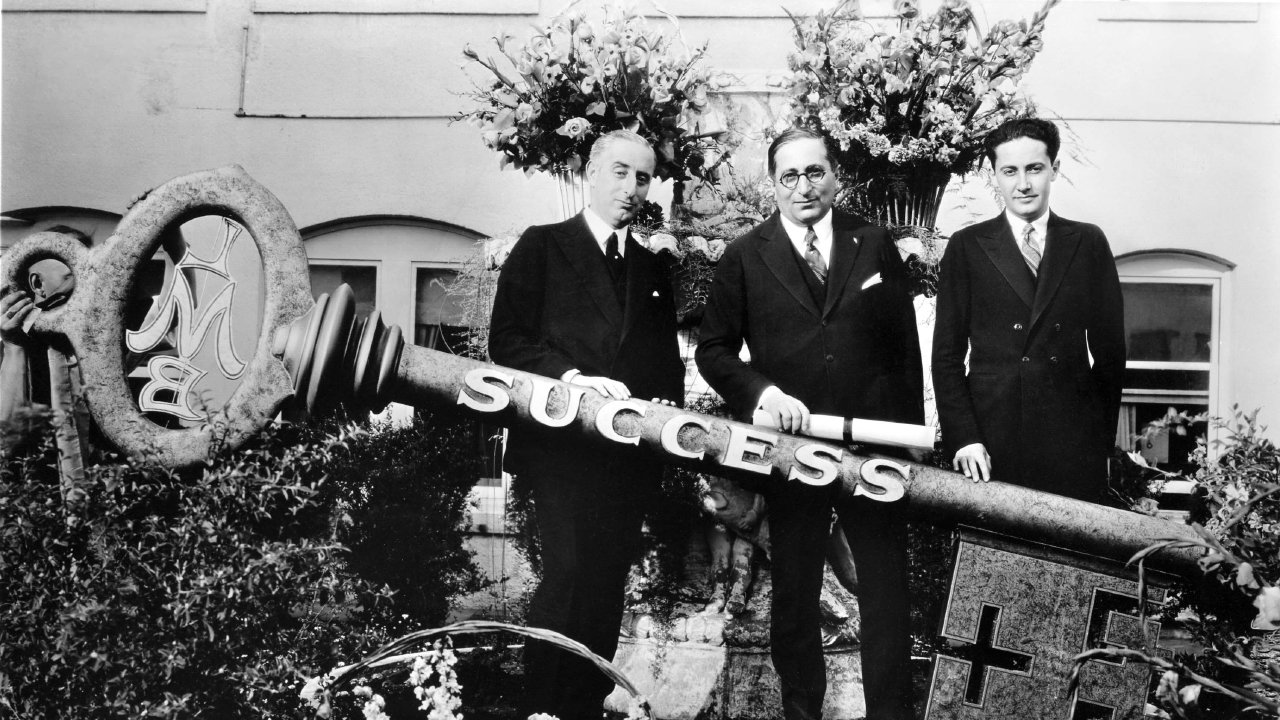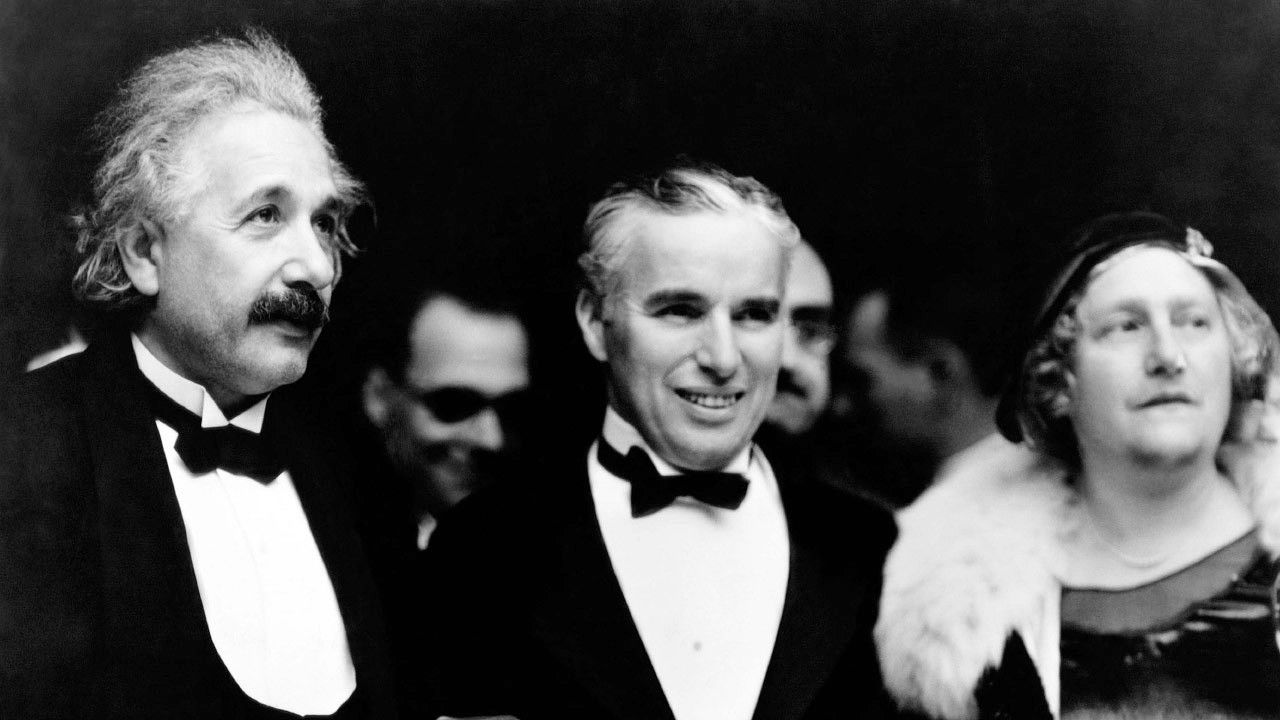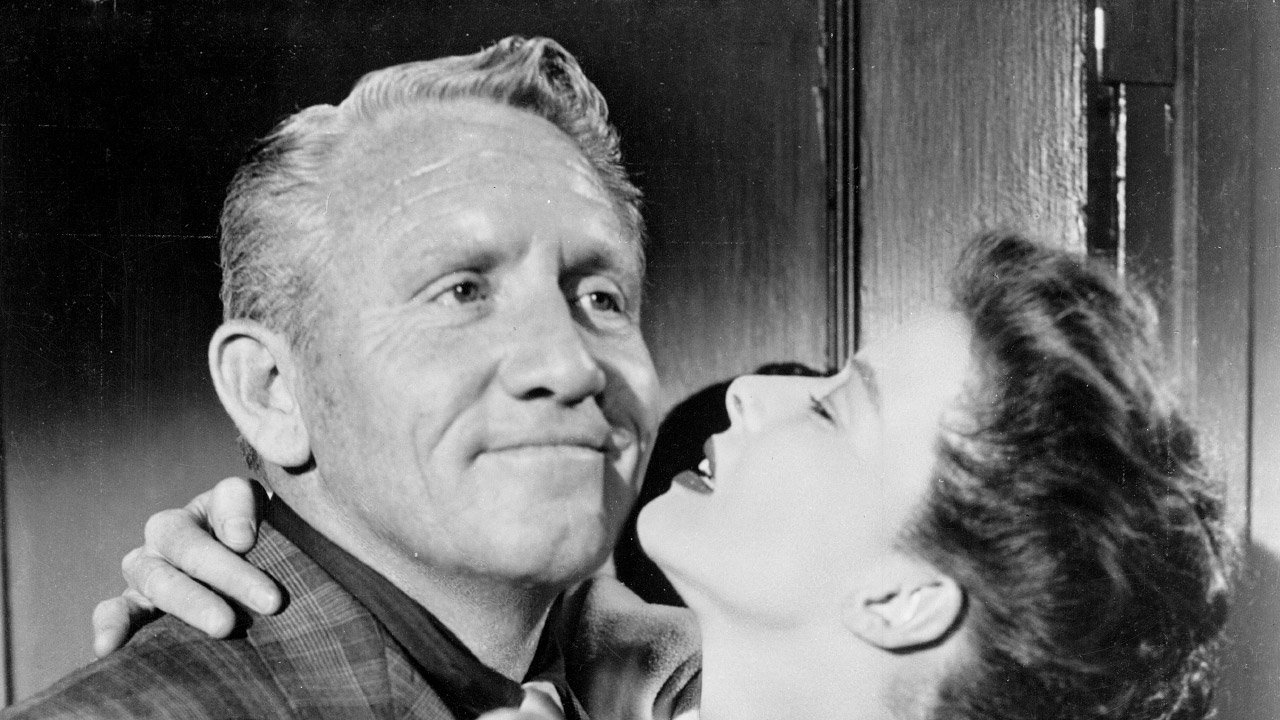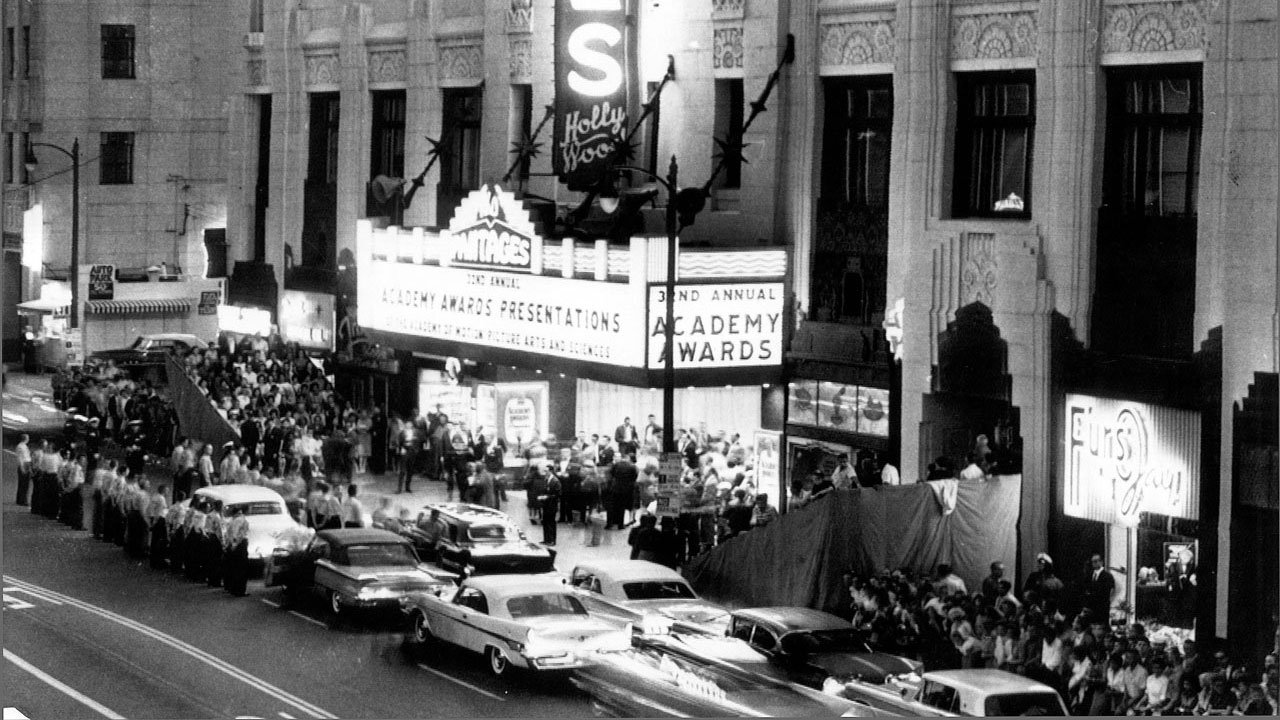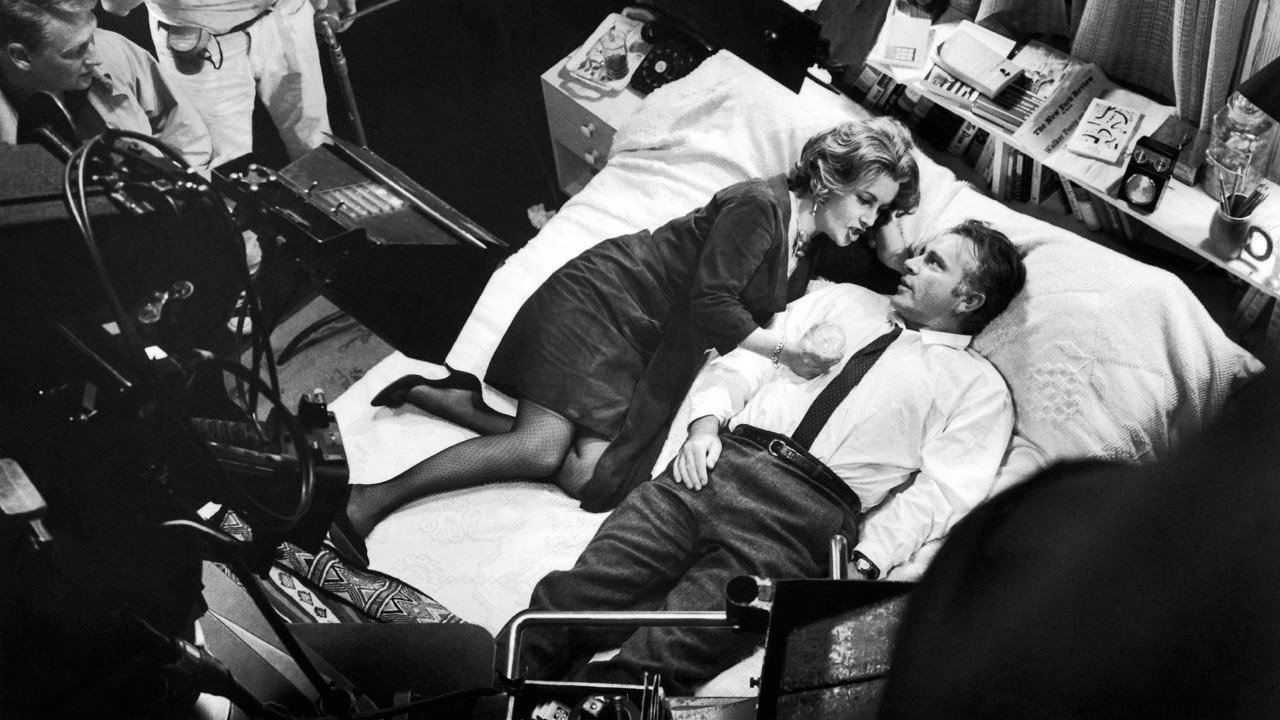Synopsis
When the U.S. entered World War II, movies became a powerful means of promoting patriotism, not only through overt propaganda but through films that rallied support while also entertaining. Some directors of the era, including Howard Hawks and Raoul Walsh, were as hard-bitten as their subject matter, while such filmmakers as Billy Wilder and Preston Sturges added an edge of humor and Orson Welles created his masterpiece, Citizen Kane (1941). Directors such as George Stevens, John Ford and John Huston saw combat first-hand and created powerful documentaries, as did Frank Capra. When the war finally ended, producer Samuel Goldwyn and director William Wyler summed up the country's uncertain optimism with The Best Years of Our Lives (1946). A darker tone was conveyed by the shadowy world of film noir and the examination of such topics as anti-Semitism (Gentleman's Agreement, 1947) and racism (Home of the Brave, 1949).

